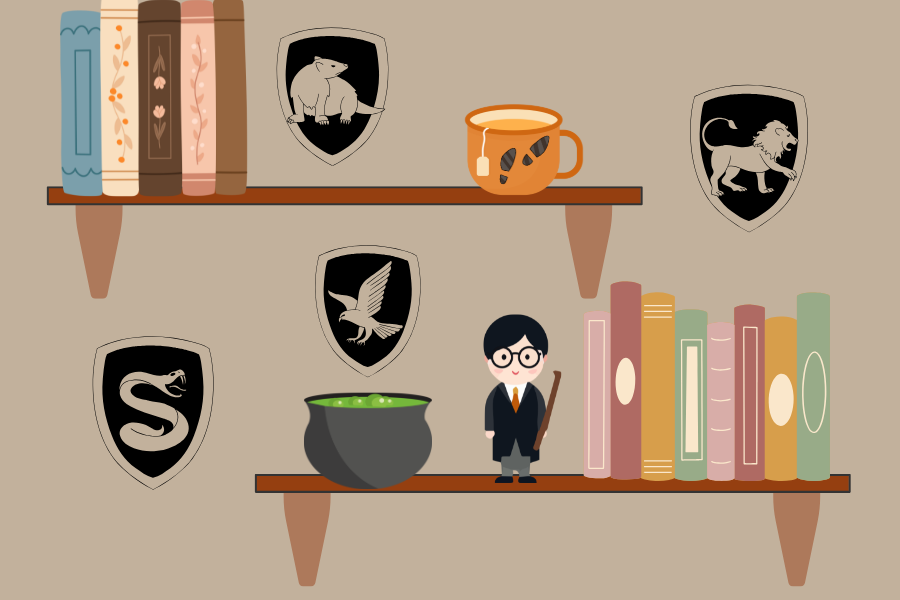Tweet, tweet
Article by: Angela Bray
The fact that you’re walking the dog or hating Spanish class is not influential in any sense.
Twitter, although not exactly a social network, is an information network. People across the world are able to share and read “tweets,” or short, 140-character maximum updates, about what is happening when, where, and how.
“What’s happening?” is Twitter’s question to its users, not “what are you doing?” Save that for iChat away messages or something else. If Facebook users don’t care that you’re “deciding to take a nap,” “texting all the friends later!” or “taking a shower,” what makes Twitter users any different? Is it really necessary to tweet that you’re “eating food?” What else would you be eating, anyway?
Luckily, you’re not obligated to follow anyone on Twitter.
“The timely bits of information that spread through Twitter can help you make better choices and decisions and, should you so desire, creates a platform for you to influence what’s being talked about around the world,” according to the site description. The fact that you’re walking the dog or hating Spanish class is not influential in any sense. Good thing there are #dumbtweet and #stupidtweet tags.
So, what’s good with Twitter?
The majority of users and profiles are intended to promote products, news, events, etc.
The site is beneficial to business advertising, especially in terms of saving time and money. Twitter is also an easy way for customers to tell a company or person about a great or poor service experience. It’s also very simple to scope out what’s happening in a specific major city; just set and take a quick look at the “trending topics” side-column- none of them are the least bit relevant to an individual’s personal actions. Local profiles such as “happn_in_boston” and “universalhub” keep Bostonians informed on breaking news before it hits the newsstands and common issues in others’ tweets.
Colleges and universities are now using social media more than ever. Whether Twitter, Facebook, or other social networking sites, schools are using the Internet to stay connected. Suffolk’s own account, “@Suffolk_U,” keeps students with their own accounts up-to-date on daily events, whether through text-bases messages or photos. Other schools, such as Tufts, has active accounts for different departments such as “@TuftsDining” and “@TuftsDaily.”
Conversational tweets (@replies and mentions) are fun and easy for those who like to keep up with and reply to others’ thoughts and ideas. If one doesn’t wish to post publicly, there is a direct message feature as well.
I guess the main idea is to stop bashing Twitter; if you don’t like it, don’t use it. And if you’re going to use it, use it properly.







